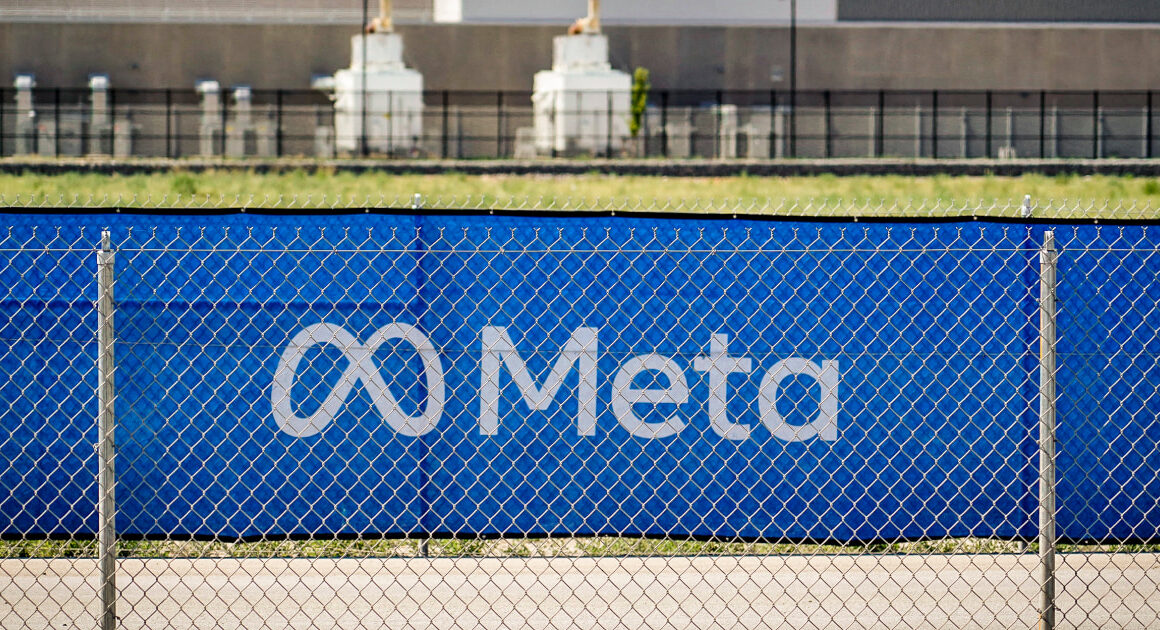Pro-Russian propagandists are still working to influence Americans ahead of the 2024 presidential elections, Meta announced Thursday, though it isn’t clear what effect they’re having.
In the company’s latest quarterly Adversarial Threat Report, the final report of its type before November’s election, Meta said that it had dismantled five distinct Russian propaganda campaigns in the last three months. It detailed influence campaigns from groups based in the U.S. and Vietnam, without going into detail about who may be funding those operations.
Three of the five campaigns at least partially targeted Americans or English speakers, Meta said, and each of those three was centered around criticizing Ukraine and any support for its defense against Russia, which invaded it in 2022. Some of the campaigns Meta detailed also targeted Ukrainian and French speakers. Meta did not directly tie the operations to the Russian government, but said one of them is an ongoing campaign that the U.S. had previously sanctioned, saying it takes orders from the Kremlin.
One of the campaigns, which targeted English and French-speaking audiences, relied heavily on generative artificial intelligence to write fake news articles, Meta said. Most articles were innocuous, but some occasionally veered into sharp criticism of Democrats for funding aid to Ukraine instead of domestic priorities.
A second campaign centered around social media accounts tied to a seemingly fake think tank that warned about Ukrainian migrants and claimed Ukraine’s government had failed to protect its people. It spent around $41,000 in ad money and its pages had around 23,000 followers, making it one of the larger operations.
The campaigns targeting English speakers dovetail with recent findings of the U.S. intelligence community. In a media call in July, intelligence officials said that the Kremlin’s current goal in influencing Americans was to denigrate candidates who support funding Ukraine in its war with Russia, like presumptive Democratic presidential nominee Kamala Harris, and promoting candidates who want to end or reduce that aid, like Republican presidential nominee Donald Trump.
Notably, Meta’s investigation began as a tip from the FBI, the company said. The FBI’s Foreign Influence Task Force has routinely warned U.S. social media companies when the U.S. intelligence community has noticed foreign influence operations targeting Americans. The practice was suspended for months last year following a lawsuit by Republican state attorneys general against the U.S. government, NBC News first reported. The FBI resumed it by March, and the Supreme Court threw out the lawsuit in June.
The third campaign highlighted by Meta is a a sprawling Russian propaganda effort that has been ongoing for at least two years. In March, the U.S. sanctioned two Russian companies for their alleged role in the propaganda, saying they’d hidden their ties to the Kremlin. That campaign is scattershot, Meta said, often posting about random topics like Kanye West, business self-help and recipes, but linking back to fake news websites that promote Russia’s perspective of the war on Ukraine.
David Agranovich, Meta’s security policy director for threat disruption, cautioned in a media call previewing the report that the propagandists’ persistence doesn’t mean they’re necessarily changing anyone’s mind.
“I think we all also have to remember that presence alone doesn’t equal influence,” he said.
One major change Agranovich said was worth noting, though, is its shift from broadly trying to inflame culture wars to primarily focusing on support for Ukraine.
“As the war continues, I think we should expect to see Russian attempts to target election-related debates, particularly when they touch on support for Ukraine,” he said.
Meta, which owns Facebook, Instagram and Threads, is the only major American tech company to issue detailed quarterly briefings of foreign propaganda campaigns they have taken down. The company’s policy is not to police the content of users’ information on its platforms, but to identify and remove “coordinated inauthentic behavior,” or deceptive attempts to influence users with multiple accounts.
In its report, Meta said it also removed a Vietnamese network that operated accounts that were critical of Qatar. Meta said it believed the campaign was a for-hire operation. Meta did not detail who may have hired the Vietnamese network. Meta also noted an American-run influence operation, called the Patriots Run Project, which sought to convince domestic conservatives in swing states to challenge mainstream Republicans in various elections. It’s unclear who was behind that operation.
,








